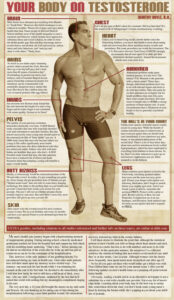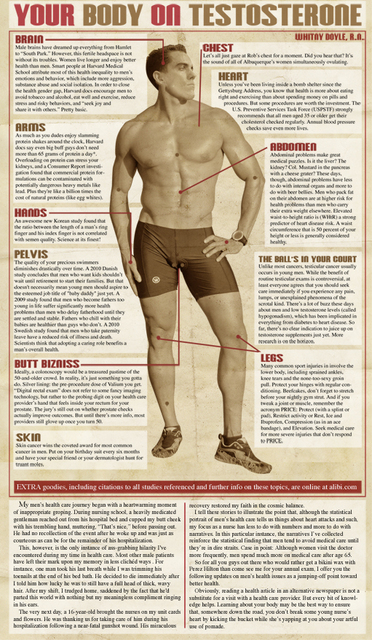• Extra Web-Only Informational Nuggets!
 The printed centerfold. Visit http://bit.ly/ManSpread for an easier read. Continue reading below for all the extra juicy bits that never made it to print.
http://bit.ly/ManSpread
The printed centerfold. Visit http://bit.ly/ManSpread for an easier read. Continue reading below for all the extra juicy bits that never made it to print.
http://bit.ly/ManSpread










